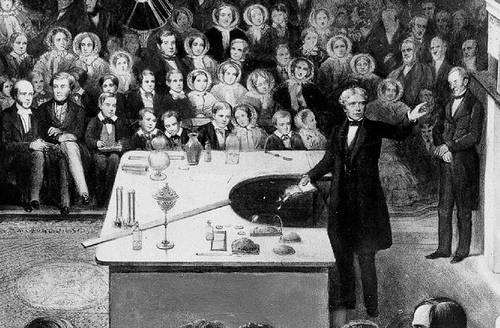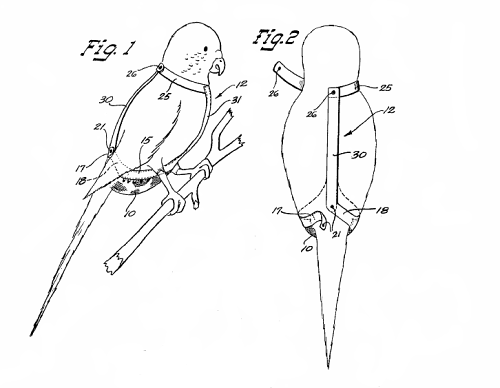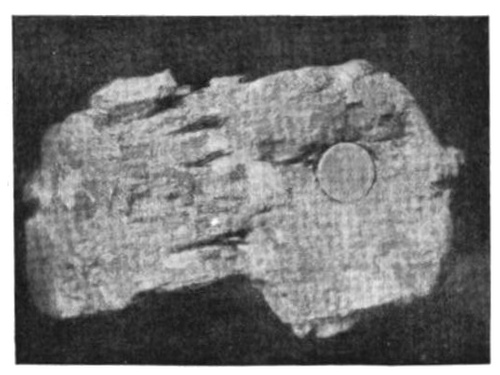In 1996, 21-year-old John Leonard saw a Pepsi ad that jokingly offered a Harrier fighter for 7 million “Pepsi points.” Under the contest rules, that should have required drinking 16.8 million cans of Pepsi, but Leonard found a loophole — he could earn the points by simply buying them for 10 cents each.
So on March 28 he delivered 15 original Pepsi points, plus a check for $700,008.50 to cover the remainder plus shipping and handling. And when Pepsi failed to deliver the jet, he sued.
He lost in the end — the court ruled that the ad didn’t constitute an offer — but Leonard can still argue that he was in the right. He claimed that a federal judge could not hear his case fairly, and that instead he should have faced a jury of “the Pepsi generation.”
(Thanks, Brendan.)




